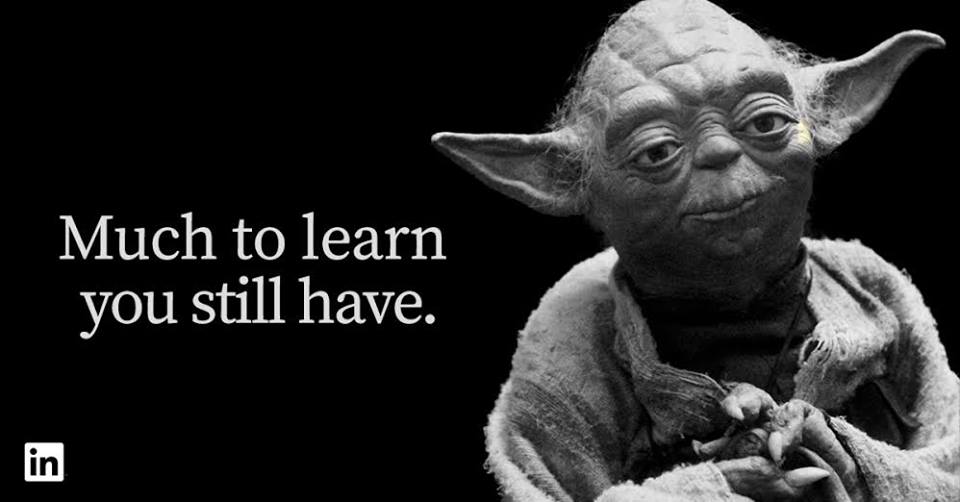
I seem to grapple daily with the same or similar questions: how to regulate things that don’t recognise boundaries; how to structure a world that is unstructured; the role of authorities in a democratised planet; is there such a thing as money without government?
I haven’t answered these questions but because I am corporate and financial, I usually come back to the anti-libertarian view that you cannot have money without government. This is not because I am anti-libertarian, but more related to the fact that money without government is a bit like a human with no brain: it may be alive, but it’s not thinking.
This is because the only reason that money was invented was so that governments could regulate economies. It allows them to tax transactions and structure civilisations. Banks and money lie at the very heart of civilised societies and if you remove those rules and structures, you don’t have a civilised society.
The libertarians then tell me that the network effect of democratisation means that the new cybersystem provides all the regulation we need. I disagree. In fact, this leads into the second of the great arguments I have with myself and others: if the cybersystem takes over the world and all of our jobs, then how does money work? If we have no need to work; if robots can do everything; if we have no incentive to get up and do anything; then what happens to the work ethic? If work and money no longer motivates us to get out of bed in the morning, then what does?
I guess the answer is that each human will do their own thing, powered by a universal basic income that provides a catch-all for all. No one need fear poverty or hunger, as everyone has a defined basic standard of living. It’s a nice ideal, but has many flaws that will take a long-time to resolve.
Which then brings me to my third regular theme: the future. In all science fiction, no one pays for anything and, if anything at all is mentioned about money, it’s a credit system. It may be a fob-off to avoid getting into detail about how Federation Credits work, but the credit-based system seems to operate on the ideal of you all have a basic level of support but, if you seek higher levels of self-gratification, you can earn credits to trade. These credits are universally accepted and are recognised as an inter-planetary standard.
Now this is funny as it brings me back to where I started: if the libertarians have created money without government, then there would be some form of universally accepted and recognised standard. Oh, of course, it’s not credits at all. It’s tokens.
This is why everyone is talking about token funds, token money and token coins. Then, just as the euro and dollar are token money, so is bitcoin and ether. Hmmm … much to think about me has. Oh, and remember …
Chris M Skinner
Chris Skinner is best known as an independent commentator on the financial markets through his blog, TheFinanser.com, as author of the bestselling book Digital Bank, and Chair of the European networking forum the Financial Services Club. He has been voted one of the most influential people in banking by The Financial Brand (as well as one of the best blogs), a FinTech Titan (Next Bank), one of the Fintech Leaders you need to follow (City AM, Deluxe and Jax Finance), as well as one of the Top 40 most influential people in financial technology by the Wall Street Journal's Financial News. To learn more click here...


